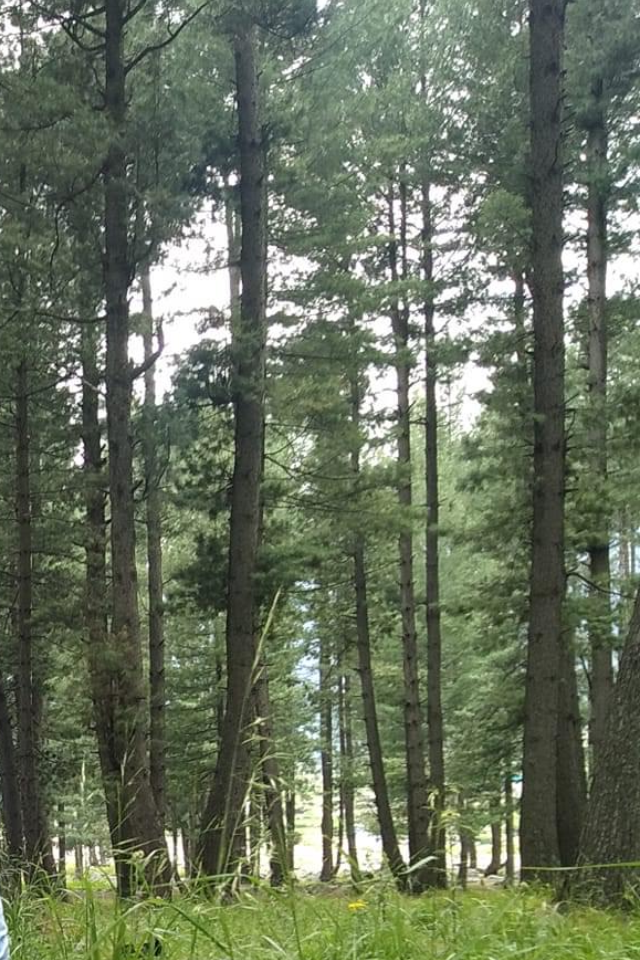By Qasim Swati (United Kingdom)
Consisting of various colonies, mandates, protectorates, dominions, and dependencies or territories, the British Empire was the largest empire in history at its zenith by 1920 with the size of a dry land area of, approximately, 35.50 million square kilometres (13.71 million sq mi) or 26.35% of the world.
Before the British Empire in the past, it is said about the Mongol Empire of the 13th and 14th centuries to have the control over 17.81% of the dry land area of the globe with its size of about 24.00 million sq kilometres or 9.27 million sq mi in 1270 or 1309, which was comparatively smaller than that of the area covered by the British Empire.
Another statistical data, given by The World Fact-book: Central Intelligence Agency, shows that the British Empire covered 24% of the total land of the Earth or 35,500,000 sq kilometres (13,700,000 sq mi) by 1920, as stated by Rein Taagepera, an Estonian political scientist and former politician, born in 1933. Anyway, while taking into account either the figure of 26.35% or just 24% of the entire global dry land area, the British Empire is still to pride itself on being the greatest of its size any empire of the world might have ever seen in human history.
An article, “British Empire: Historical State, United Kingdom”, written by The Editors of Encyclopaedia Britannica, has shed substantial light on the history of the British Empire, according to which, the British Empire comprised over 25% of the total population of the world and almost a quarter of the land surface of the globe by the end of the 19th century.
As a result of its significance and enormousness at the time of being at its height, the British Empire has been the most important, leading and prime global power for a period of more than one hundred years (over a century). In the 19th and early 20th centuries, the British Empire reached its peak by having a territorial size larger than that of any other empire in history, due to which, the famous phrase, “the empire on which the sun never sets”, was often used by the people while referring to the worldwide power, magnificence, splendour and greatness of the British Empire, meaning, at least, one part of the British Empire used to be always in daylight, as the sun was all the time shining, at the minimum, on one of the territories, controlled by it.
The plan for laying the foundations of the British Empire began as early as 1496, when King Henry VII of England chose and ordered John Cabot (an Italian explorer and navigator) to lead a long journey (voyage) for discovering a route to Asia through the North Atlantic. This was the start of efforts and attempts for establishing the British Empire, followed by a series of continuous and successive schemes, strategies, battles, agreements, disputes, successes (and sometimes defeats), gains and losses, which enabled the British Empire to expand and stretch across several continents of the world and, thus, lasted for several centuries until the transfer of its last colony (Hong Kong) to China by the United Kingdom on 1 July, 1997.
There is a huge list of the former British colonies and territories that have claimed and gained independence from the United Kingdom, such as Zimbabwe (pre-independence name: Southern Rhodesia), Zambia (Northern Rhodesia), Yemen (Aden Colony and Protectorate), Vanuatu (New Hebrides), United States of America (Thirteen American Colonies), United Arab Emirates (Trucial States), Uganda, Tuvalu (Gilbert and Ellice Islands), Trinidad and Tobago, Tonga, Tanzania, Sudan, Sri Lanka (Ceylon), Somaliland (British Somaliland Protectorate), South Africa, Solomon Islands, Sierra Leone, Seychelles, Saint Vincent and the Grenadines, Saint Kitts and Nevis, Saint Lucia, Qatar (British Qatari Protectorate), Pakistan, Oman, Nigeria, New Zealand, Nauru, Myanmar (Burma), Mauritius, Malta, The Maldives or the Republic of Maldives, Malaysia, Malawi (Nyasaland), Libya, Lesotho (Basutoland), Kuwait, Kiribati (Gilbert and Ellice Islands), Kenya, Jordan (Transjordan), Jamaica, Palestine – Israel (Mandatory Palestine), Iraq, India (British Raj), Guyana (British Guiana), Grenada (Grenada, Windward Islands), Ghana (Gold Coast, Togoland), The Gambia (Gambia), Fiji, Eswatini (Swaziland), Egypt, Dominica (Dominica, Windward Islands), Cyprus, Canada, Cameroon, Brunei, Botswana (Bechuanaland), Belize (British Honduras), Barbados, Bahrain, The Bahamas, Australia, Antigua and Barbuda (Antigua, Leeward Islands) and Afghanistan, etc.
There are several former British Colonies and British Territories that are not included in the above list, but they have remained British Colonies in the past as well, for example, Singapore, Bangladesh and Hong Kong.
Qasim Swati is a freelance journalist, writer and human rights activist, based in the UK, and can be reached at https://qasimswati.com or mailto:info@qasimswati.com.

